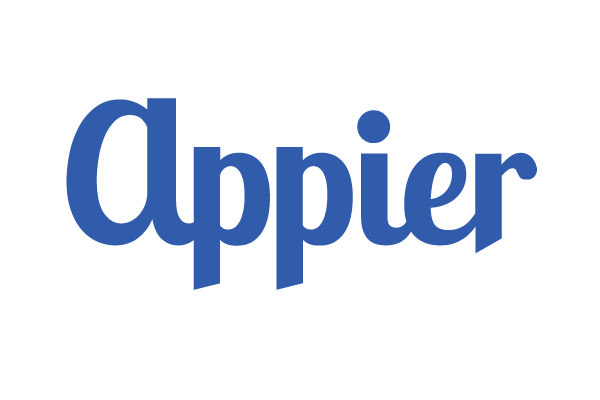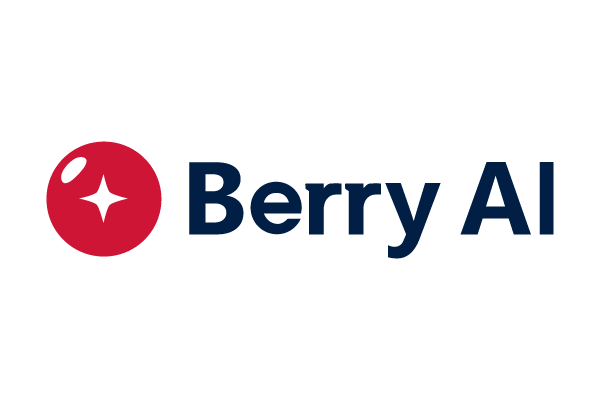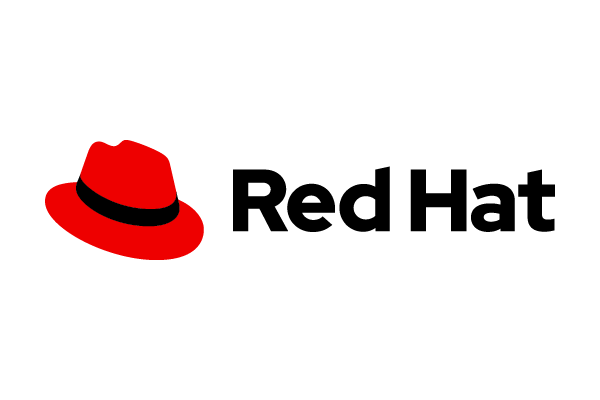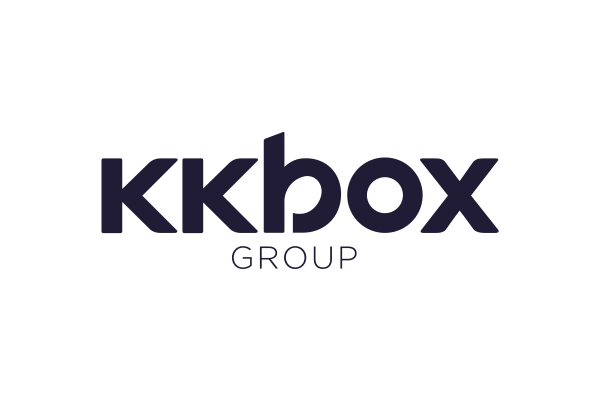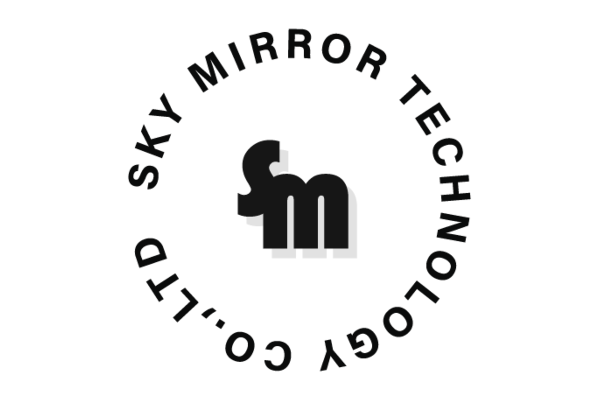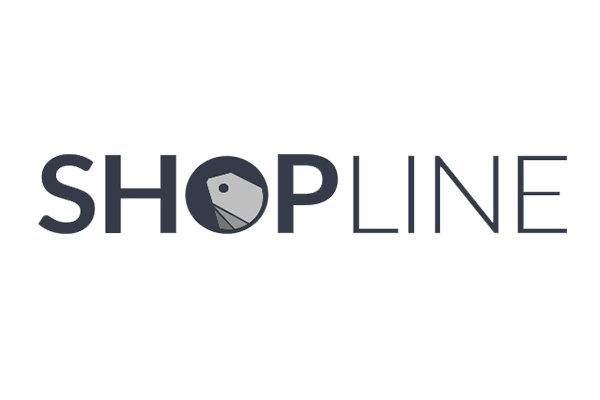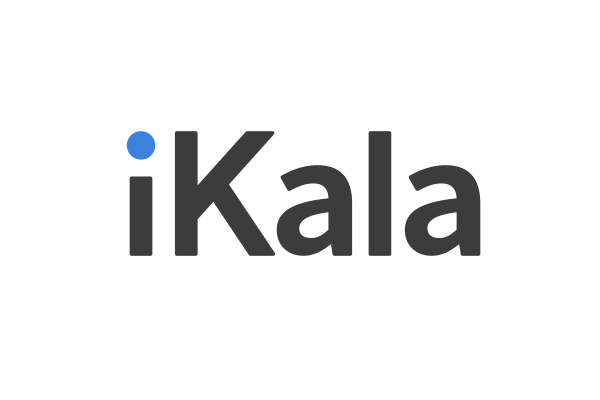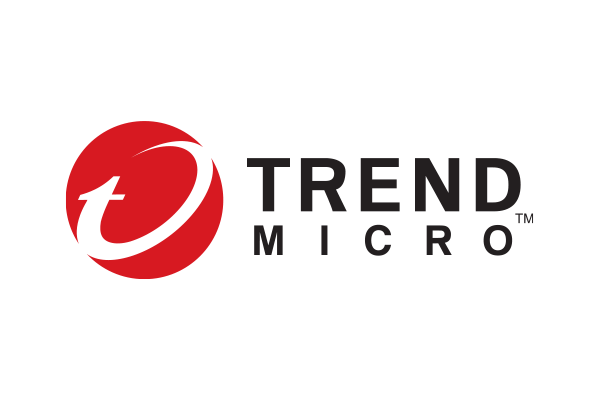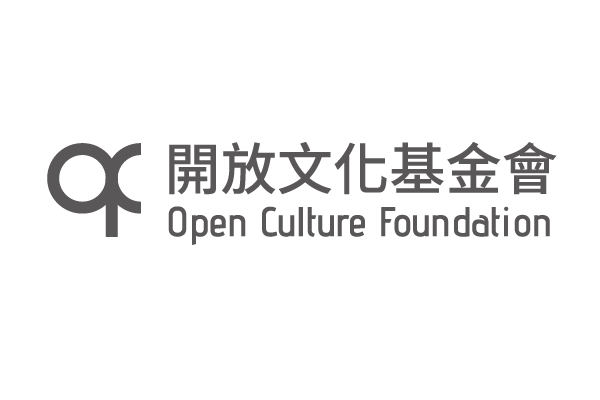Efabless has teamed up with Google and SkyWater foundry to make silicon hardware design fully open source, available to everyone, and achievable by anyone with sufficient motivation and a basic background in software but not necessarily hardware. We leverage the open-source Sky130 CMOS process and open-source EDA tools to make chip design free of NDAs or licensing costs. We have developed the Caravel “harness” chip, a pre-defined framework around a 10mm^2 area that is available for supporting user-defined projects. The framework is an open-source github project and provides a RISC-V microcontroller and padframe. Instructions show in detail how to take any RTL system description and synthesize, simulate, and verify a hardware design within the Caravel chip framework using free and open source tools. We have streamlined the manufacture submission process to a few online forms and automated checks. We have successfully completed the first multi-project wafer run with forty designs from users of all backgrounds from software to hardware, and experience from novice to expert, and have scheduled two more such runs for this year. Successful open-source projects can be folded back into the Caravel design to make each successive shuttle
run better and easier for the user. In this talk, we will describe how we have democratized chip design, and how you can ride this wave to realize your dream of turning your ideas into working silicon.
About Tim Edwards
Tim Edwards is senior vice president of analog and platform at Efabless, Inc. He is a long-time advocate of open source hardware and open source EDA tools, and runs the website opencircuitdesign.com. He has been designing chips for 30 years for the Johns Hopkins Applied Physics Lab, MultiGiG, Inc., Analog Devices, and now Efabless. He received his master’s degree in EE from Stanford University in 1992 and his Ph.D. in EE from Johns Hopkins University in 1999.
About Mohamed Shalan
Mohamed Shalan is an associate professor (with tenure) at the Department of Computer Science and Engineering at the American University in Cairo. Also, he is a technical consultant with Efabless corporation. Before this, Mohamed assumed several roles with Mentor Graphics, Motorola, and Mindspeed.
Mohamed received his Ph.D., and MSc degrees in computer engineering from the Georgia Institute of Technology and Ain shams university. His research interests include open-source EDA, hardware/software codesign for embedded systems, and low-power computing systems.
Dr. Shalan has over 40 refereed publications. Also, he holds three U.S. patents.


